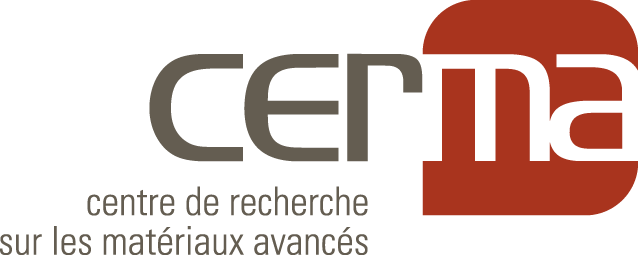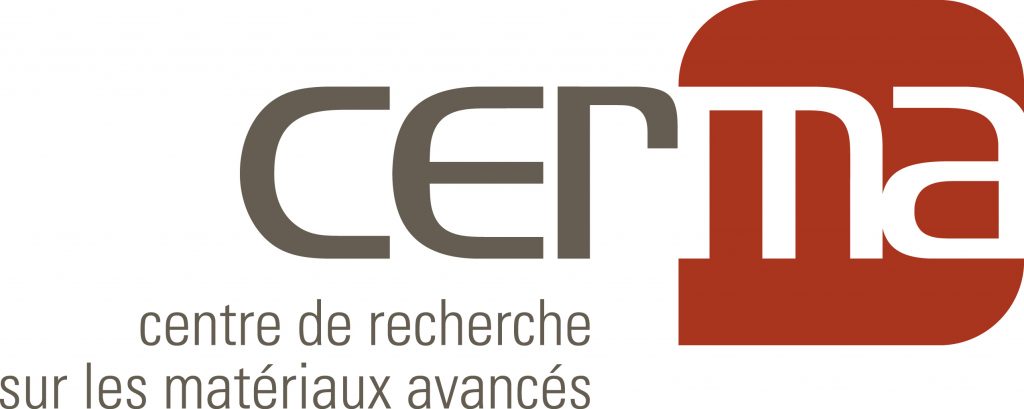Mandate
The EDI Committee of the CRMR and CERMA has the mandate to positively influence the steering committees of the two centers in order to integrate the principles of EDI into the operation of the centers, to promote these principles among their members, and to raise awareness of biases systemic problems that can harm the development of members. The members of the committee thus become ambassadors of good practices in EDI. The Committee has the power to form subcommittees or initiative teams to accomplish specific mandates and can invite any people it deems useful to the accomplishment of its work.
Composition
The Committee aims to have the greatest possible representation of the diverse realities of the members of the two centers to encourage the plurality of modes of thought and opinions during exchanges. We hope that the Committee will be as representative as possible of the diversity of the two centers, whether in terms of cultural diversity, age, gender, ability, status, etc. It is made up of any interested member, whether students, professor-researchers, postdoctoral researchers, members of the administrative or research staff of CERMA and the CRMR wishing to participate in the discussions.
Specific objectives
- Raise awareness among the center community about EDI
- Equip and/or refer members who experience situations of injustice, discrimination, harassment and aggression to appropriate resources in their denunciation procedures.
- Review the operating methods of the centers in order to eliminate systemic discrimination that could in any way affect the under-represented groups of CERMA and CRMR
- Promote an inclusive and safe environment in the centers to eliminate any feeling of exclusion experienced by underrepresented groups in CERMA and CRMR
- Promote and help develop an EDI culture within CERMA and CRMR
Equity
Equity is an approach aimed at treating each individual, and each historically disadvantaged group, fairly, taking into account the particular characteristics of their situation in order to place them on an equal footing compared to the majority group. It is opposed to the systematic application of a standard without taking into account the differences and diversity of society. Recognizing that social structure has differential effects for the majority group compared to under-represented groups, this approach aims to correct this imbalance and ensure that all individuals are entitled to the same benefits (equal opportunities) taking into account particular characteristics of their situation.
Diversity
Term often used to refer to differences, or similarities, between individuals within a group or organization. Sociodemographic characteristics are commonly used to distinguish one from the other; for example gender, sex, ethnicity, origin, physique, religion or beliefs, values, age, education, language and/or sexual orientation. People whose sociodemographic characteristics are different from those of the majority group are likely to offer diverse and complementary opinions, ideas, professional and life experiences, skills and knowledge.
Inclusion
Through actions and measures, creation of an environment that welcomes, respects and values diversity so that all members of their community have the feeling that they have their place, can contribute and can receive recognition for this contribution. If their particular situation requires it, the organization supports them and offers them measures to promote their well-being and achievement. It is a sustained commitment aimed at reception, integration, support and progress.
Underrepresented groups
When it comes to equity, underrepresented groups are discriminated groups who face systemic barriers in their daily lives, including in education and employment.
[1] According to https://www.ulaval.ca/equite-diversite-inclusion/concepts-cles-en-ediViolence et harcèlement (victime ou témoin)
- Centre de prévention et d’intervention en matière de harcèlement (CPIMH) – UL
- Centre d’intervention et de prévention des violences à caractère sexuel (CIPVACS) – UL
- Regroupement québécois des centres d’aide et de lutte contre les agressions à caractère sexuel (RQCALACS)
- Viol-Secours
- Maison des femmes de Québec: Un milieu sécuritaire pour permettre aux femmes et à leurs enfants de sortir de la violence
Santé et aide psychologique
Intervenantes et intervenants de proximité selon les différentes facultés :
- Foresterie, géographie et géomatique / Abitibi-Price (ABP) : Zoé Bigras-Généreux | bigras.genereux@aide.ulaval.ca
- Sciences et génie / Alexandre-Vachon (VCH) et Adrien-Pouliot (PLT) : Estefania Esquenazi | esquenazi@aide.ulaval.ca
- Médecine / Ferdinand-Vandry (VND) : Hélène Lévesque | levesque@aide.ulaval.ca
- Pharmacie / Ferdinand-Vandry (VND) : Christian Boucher | boucher@aide.ulaval.ca
- Clinique médicale de l’Université Laval – UL
- Mon équilibre UL
- Réseau des sentinelles – UL
- Service de consultation de l’École de psychologie – UL
- Relief : troubles anxieux, dépression et bipolarité
- La boussole : aide aux proches d’une personne atteinte de maladie mentale
- Entraide parent
- Centre de prévention du suicide de Québec
- Tel-Aide Québec 1877-700-2433
- Groupe d’aide aux personnes impulsives (GAPI)
Associations étudiantes (accueil)
Demandes de subvention
- Outils de l’Université Laval pour la recherche
- Formation l’EDI dans la recherche universitaire & les demandes de subvention
Écriture inclusive
- Guide de rédaction inclusive de l’Université Laval
- Formation UdM sur l’écriture inclusive 101
- 11 juin 2021 Un nouveau guide pour le recrutement et l’égalité en emploi dans les universités québécoises
- Guide de rédaction inclusive UL
- Apprendre à nous écrire : guide et politique d’écriture inclusive
- Grammaire non sexiste de la langue française
- Inclusivement vôtres! Guide de rédaction inclusive (INRS)
- Guide du CRSNG pour la prise en compte des considérations en matière d’équité, de diversité et d’inclusion dans la recherche ; voir aussi cette nouvelle
Droits
- Bureau des droits étudiants (BDE) – UL
- Commission des droits de la personne et des droits de la jeunesse
Aide financière
- Bureau des bourses et de l’aide financière (BBAF) – UL
- Aide financière aux études – Gouvernement du Canada
- Aide financière aux études – Gouvernement provincial
- Aide financière aux études – Étudiants internationaux
- Fonds de recherche du Québec
- Programme de bourses MITACS
- Conseils de recherche en sciences naturelles et en Génie du Canada
- Conseils de recherche en sciences humaines du Canada
À l’attention des organisations
Contact : EDI.CRMR.CERMA@ulaval.ca
Contact
For any questions, any information on EDI or any difficulty you encounter personally, write to us at: EDI.CRMR.CERMA@ulaval.ca
Members of the EDI Committee
The EDI Committee is made up of the coordinators of CERMA and CRMR:
- Rosilei Aparecida Garcia (CRMR)
- Besma Bouslimi (CRMR)
- Anthony Jolly (CERMA)
- Thierry Lefèvre (CERMA)
The committee will soon be extended to other members of the two centers




